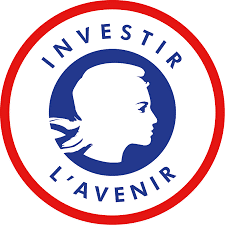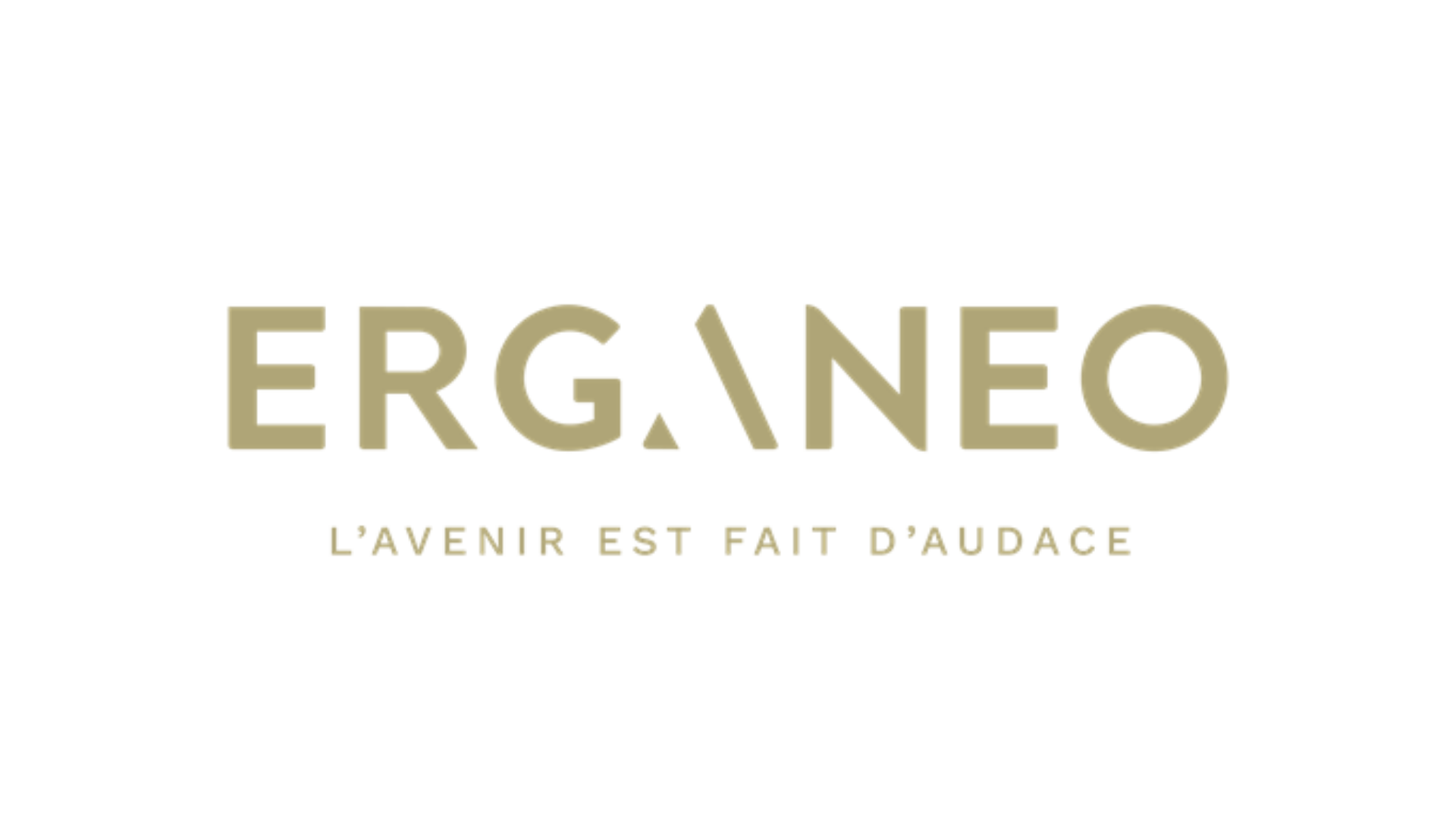Expertise facility for the bioproduction, engineering and characterization of extracellular vesicles for diagnosis and personalized therapies.
Extracellular vesicles: Production, Engineering, Purification / Isolation, Characterization
Extracellular vesicles (EVs) are submicrometric (30 – 1000 nm) biological objects delimited by a membrane and secreted by most of cell types. They are central to the intercellular communication and the process of molecular exchange between intra- and extracellular media. By recapitulating the biological properties of producer cells, EVs have a increasing interest in translationnal research, especially for theranostics, ie therapeutic and / or diagnostic applications.
Indeed, in a physiopathological context, EVs are natural diagnostic probes circulating in lots of biological fluids (blood, saliva, urine, …) and could be accessible through minimally invasive methods.
When secreted by stem cells, EVs displayed regenerative properties similar to producer cells, offering therefore an alternative solution to cell therapy for regenerative medicine. Their biocompatibility is also a great advantage for their use as therapeutic vectors for drug delivery (ex: chemotherapy) with in addition a preferential organostropism for inflammation sites.
Physicists, biologists, chemists, pharmacists and clinicians gathered together within the IVETh core facility to offer a panel of expertises around the physical, chemical and biological characterization of EVs for therapeutic or diagnostic purposes. The IVETh core facility regroups state-of-the-art equipments that are distributed over 4 sites.
The different locations (Université Paris Cité)
- MSC-Med, Saints-Pères – Kelly AUBERTIN, Florence GAZEAU, Amanda SILVA BRUN
https://iveth.u-paris.fr/ - IPNP, Saint-Anne – David TARESTE
https://ipnp.paris5.inserm.fr/research/core-facilities/3-plateforme-biochimie-et-biophysique - CRI, Bichat – Pierre-Emmanuel RAUTOU
http://www.rautoulab.com/core-facility.html - PARCC, HEGP – Chantal BOULANGER
http://parcc.inserm.fr/research-teams/team/boulanger/








